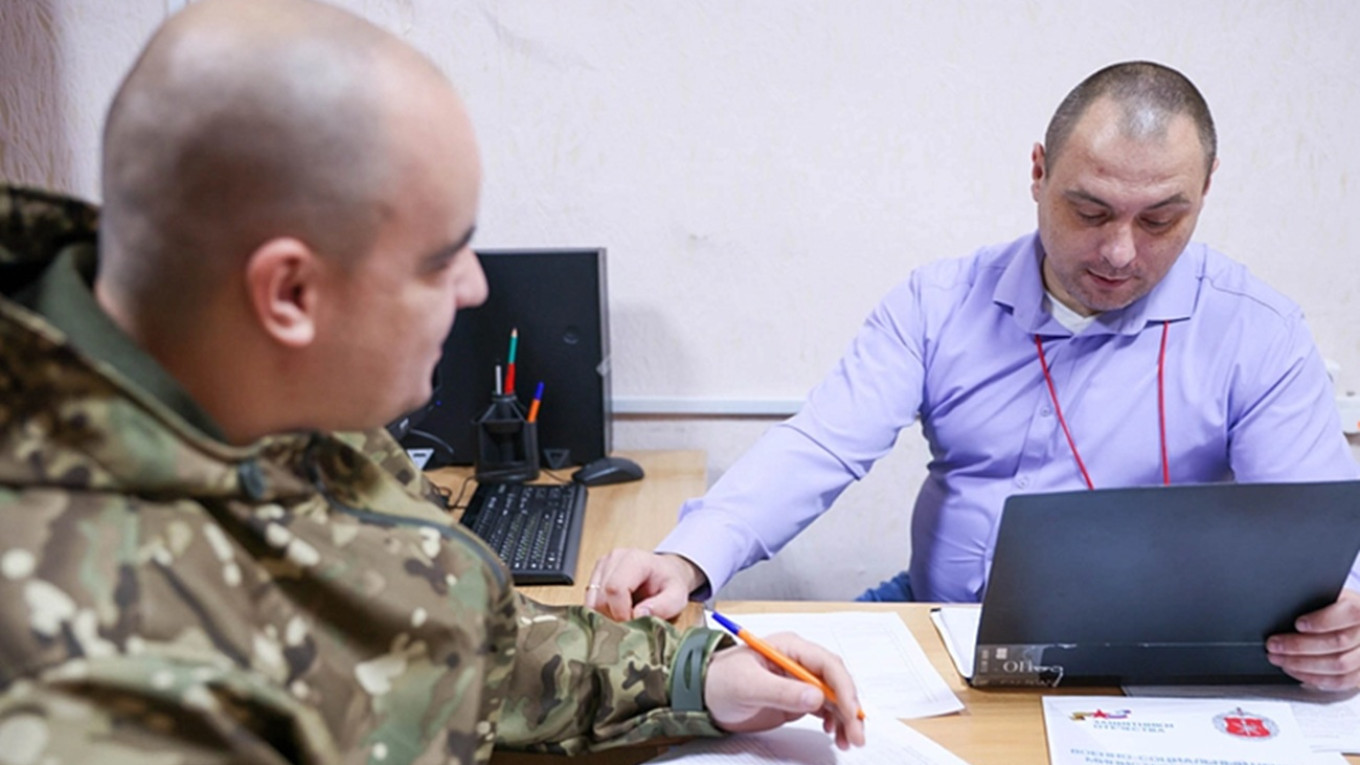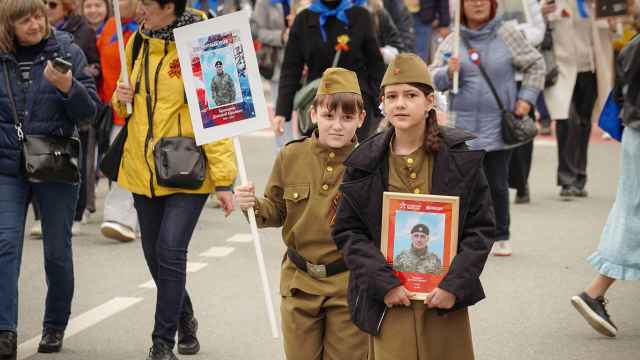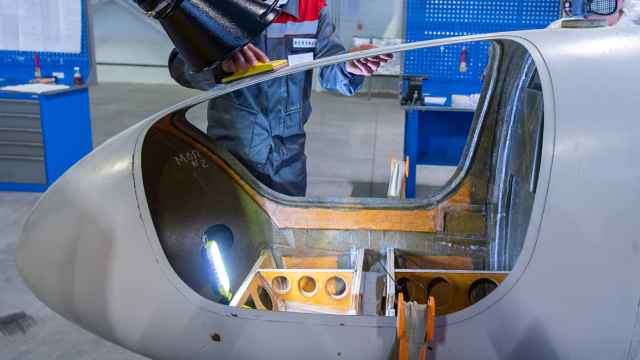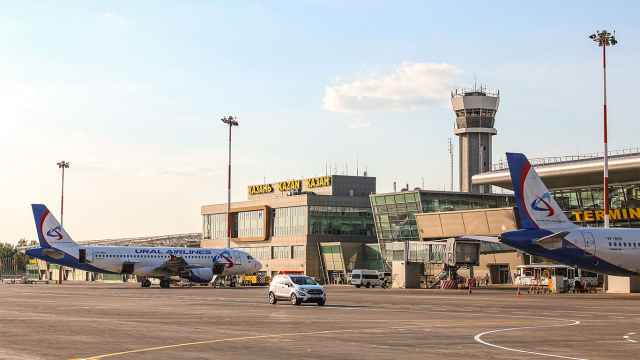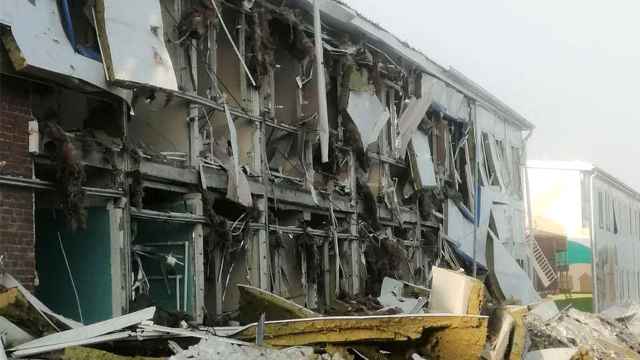Nearly half of the Russian soldiers returning from the front lines in Ukraine remain unemployed, officials said, underscoring the Kremlin’s ongoing challenge in reintegrating combat veterans into civilian life.
According to a report presented by Deputy Prime Minister Tatiana Golikova on Tuesday, only 57% of demobilized veterans from the war in Ukraine have found employment as of May 1.
About 80% of these men signed formal labor contracts, while the rest registered as self-employed or pursued freelance work.
The government has developed an action plan to help Ukraine war veterans find employment, said Prime Minister Mikhail Mishustin. Thanks to this plan, they will be able to "not just find work, but also improve their skills and qualifications and acquire a new profession," he said.
The plan, managed jointly by federal and regional authorities as well as the state-run Defenders of the Fatherland foundation, includes job placement support, vocational training and incentives for employers.
One measure under consideration is the creation of a special procedure that would set quotas and incentives for employers to hire war veterans with disabilities.
Still, the reintegration process faces serious hurdles.
In March, the republic of Tatarstan’s human rights commissioner raised concerns about the employability of veterans who were recruited from Russian prisons. Many of them, she said, had never held jobs before, lacked formal education and had few if any marketable skills. Additionally, employers are hesitant to hire them even when their convictions have been wiped, she said.
In the Samara region, a new law mandates that companies with over 100 employees reserve at least 1% of jobs for returning veterans.
The Moscow region introduced a similar policy earlier this year, but as of April, only about 300 former soldiers had been hired under the quota system.
At the same time, the Kremlin has instructed regional governments to begin preparing between 30 and 60 veterans for civil service roles per year as part of the state's “Time of Heroes” initiative. Nationwide, this could result in 2,500 to 5,000 former soldiers entering the bureaucracy each year.
A Message from The Moscow Times:
Dear readers,
We are facing unprecedented challenges. Russia's Prosecutor General's Office has designated The Moscow Times as an "undesirable" organization, criminalizing our work and putting our staff at risk of prosecution. This follows our earlier unjust labeling as a "foreign agent."
These actions are direct attempts to silence independent journalism in Russia. The authorities claim our work "discredits the decisions of the Russian leadership." We see things differently: we strive to provide accurate, unbiased reporting on Russia.
We, the journalists of The Moscow Times, refuse to be silenced. But to continue our work, we need your help.
Your support, no matter how small, makes a world of difference. If you can, please support us monthly starting from just $2. It's quick to set up, and every contribution makes a significant impact.
By supporting The Moscow Times, you're defending open, independent journalism in the face of repression. Thank you for standing with us.
Remind me later.


